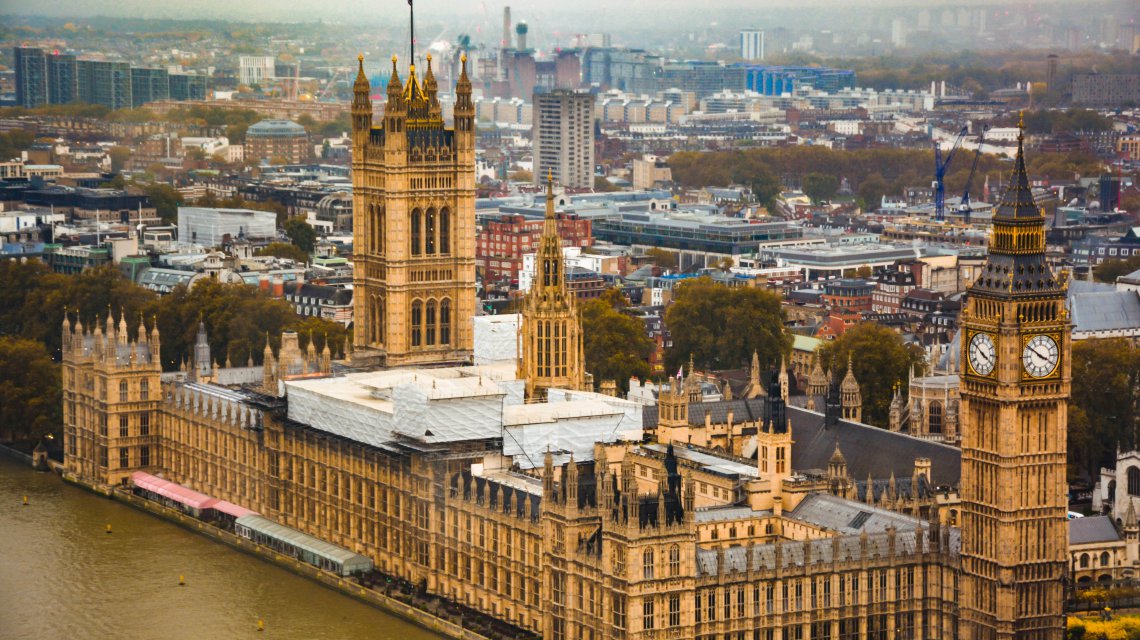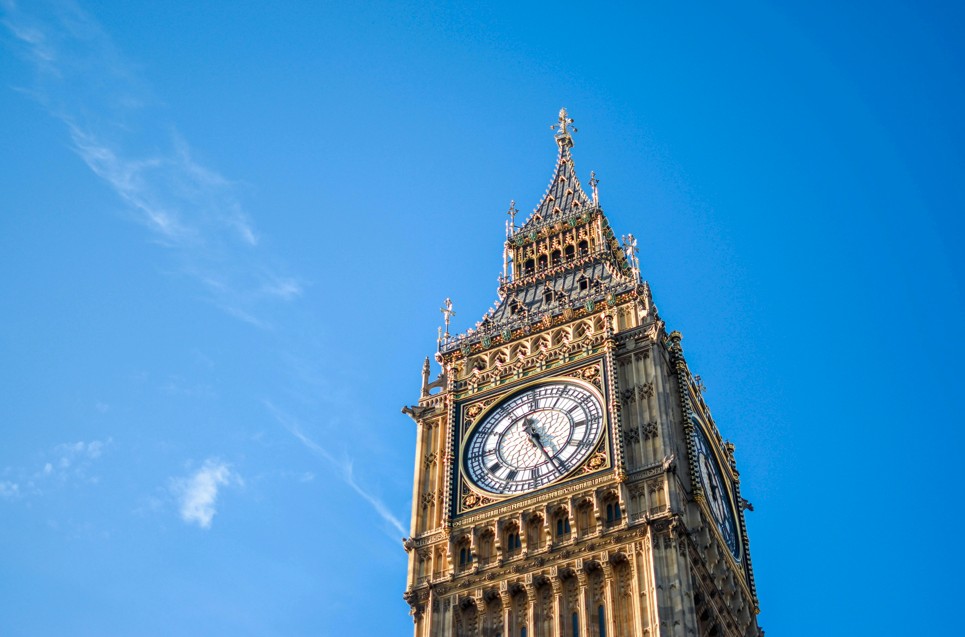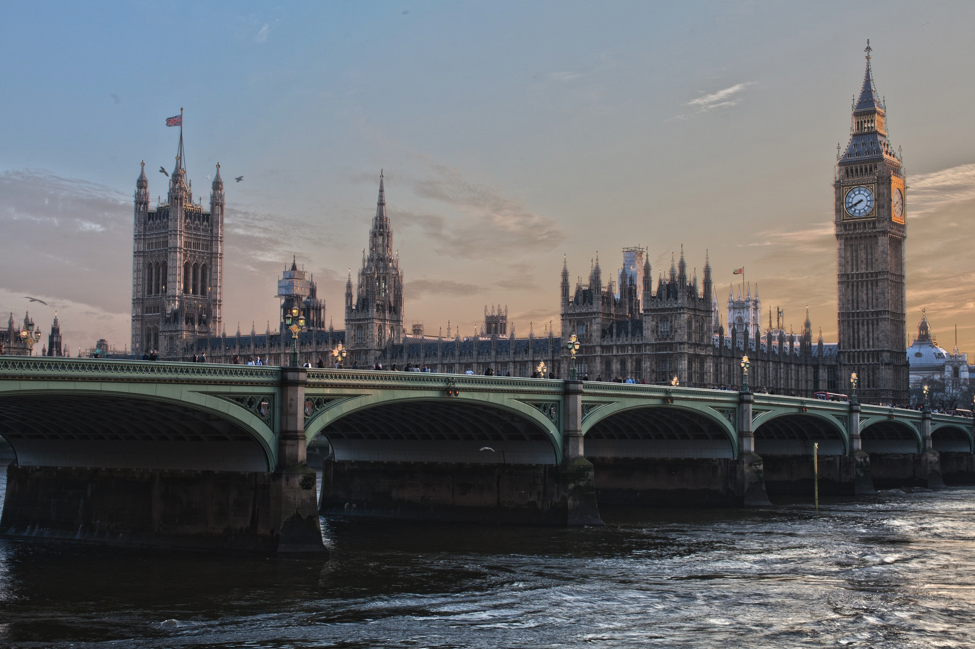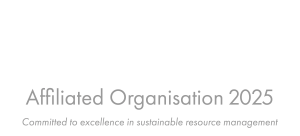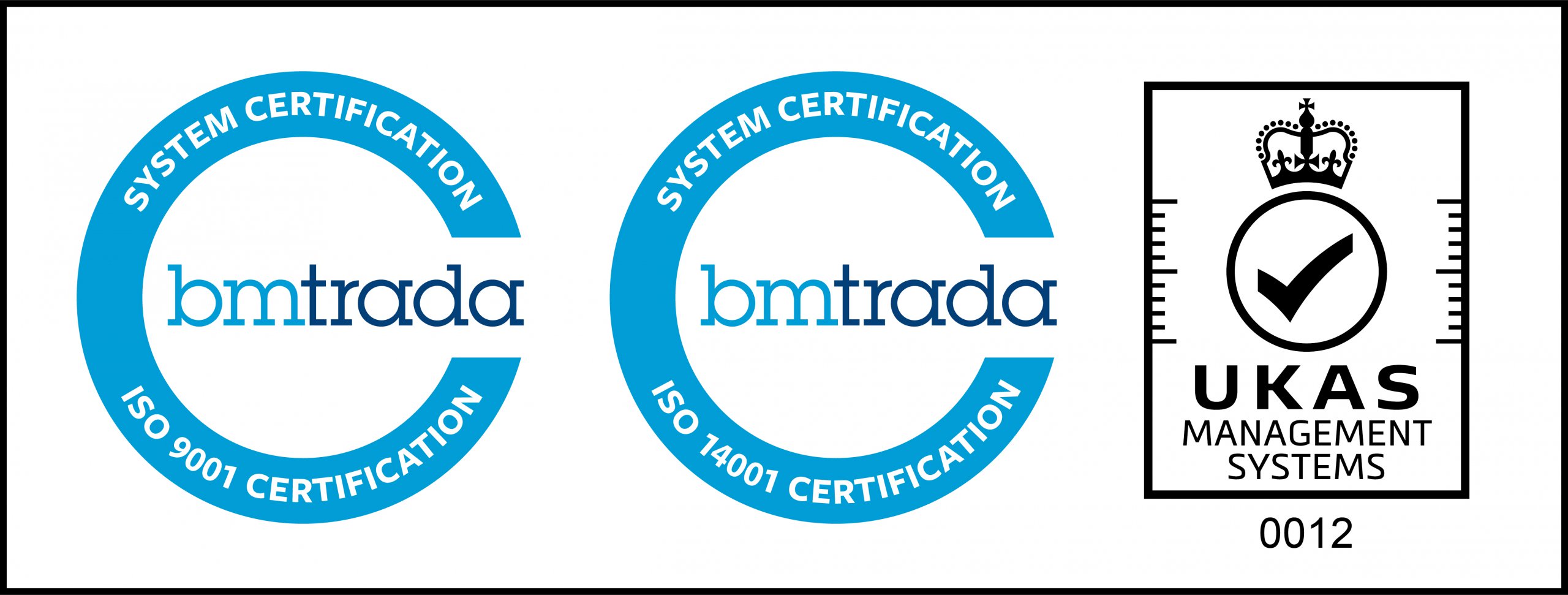In its first Autumn Budget, the new Labour government introduced key policies for the waste and sustainability sectors. Notable announcements include adjustments to the Plastic Packaging Tax (PPT) and support for carbon capture, alongside measures aimed at fostering a circular economy.
Mass Balance Approach for Recycled Plastic
In a major development, businesses can now employ a mass balance approach to verify the recycled content in chemically recycled plastic for the PPT. This change, welcomed by industry leaders, encourages investment in advanced chemical recycling and expands markets for recycled content. The British Plastics Federation had advocated for this approach, emphasising that it would drive innovation in recycling practices. Jim Bligh from the Food and Drink Federation praised the policy shift as a critical step in promoting a circular economy, noting that it would create green jobs and stimulate the recycled content market within food-grade packaging.
Increased Funding for Carbon Capture and Green Hydrogen
The budget includes £3.9 billion earmarked for carbon capture and green hydrogen projects across the UK, with 11 commercial-scale projects slated to receive funding. These projects, to be launched in 2025-26, span England, Scotland, and Wales and are intended to propel the UK to the forefront of carbon capture technology. Dave Richardson of the North West Hydrogen Alliance noted the significance of the funding for decarbonising industries and safeguarding thousands of jobs. This support follows a previous announcement of £21.7 billion for Teesside and Merseyside projects, reinforcing the government’s commitment to making the UK a leader in clean energy technology.
Commitment to a Zero-Waste Economy
Further budget details affirm the government’s intent to advance a zero-waste economy through the Collection and Packaging Reforms Programme. The extended producer responsibility for packaging (pEPR) scheme, expected to generate £1.1 billion annually, will fund improvements in recycling rates. To ensure this revenue target is met, the government has promised a contingency fund to make up any shortfall.
Landfill Tax
The Labour government confirmed that Landfill Tax rates will align with adjustments announced earlier by the previous administration. Starting in April 2025, the standard rate will increase to £126.15 per tonne, with a lower rate of £4.05. These increases are aimed at maintaining the tax's real-term value to discourage landfill use.
Industry Reactions
Industry leaders voiced concerns over the budget’s scope. Dr Adam Read of Suez Recycling and Recovery UK appreciated the investment in infrastructure and green hydrogen but criticised the limited focus on the waste sector, noting missed opportunities to support the zero-waste transition. Biffa CEO Michael Topham similarly expressed disappointment, calling for a progressive PPT rate and incentives for decarbonising commercial vehicles. James Rigg of Trojan Electronics also highlighted the absence of VAT relief on repair services, stressing that lower repair costs could encourage sustainable consumer behaviour.
While the budget is viewed as a step toward a greener economy, industry leaders remain hopeful that future policies will provide further support for waste reduction, recycling reforms, and affordable repair services.

